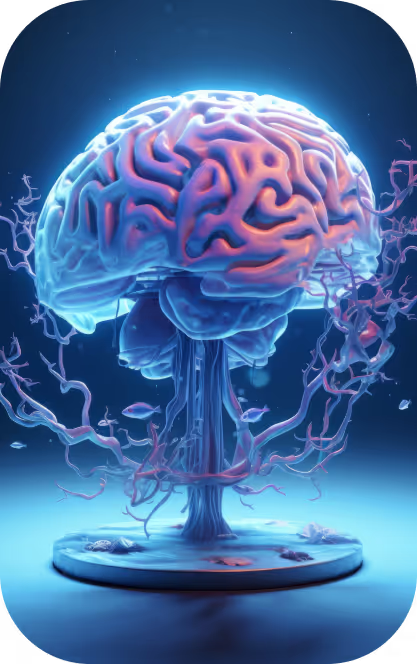Brain plasticity and its importance in the digital age


Brain plasticity is the ability of the brain to adapt to changes in the environment and incoming experience. It is the basis for the development and adaptation of living organisms to changes in their environment. At the beginning of the twentieth century, Vernadsky pointed out the plasticity of living matter as the basis for understanding the process of evolution of living matter. This definition has not lost its relevance in the twenty-first century.
In the digital era, driven by the rapid development of technology and the digitalisation of the world around us, brain plasticity is of particular importance. Changes in the way we perceive, process and analyse information caused by digital technologies can have a significant impact on the development and functioning of the human brain.
One of the main factors affecting brain plasticity in the digital age is the change in the way we perceive and process information. With the help of modern technologies, people have access to a huge amount of information that needs to be analysed and used. This requires the brain to constantly adapt to new conditions and the ability to quickly process large amounts of data.
Thus, brain plasticity in the digital age is the basis for human adaptation to new living conditions and the development of intellectual abilities. It allows the brain to quickly adapt to changes in the environment and provides it with the ability to work effectively in the digital revolution and the transition to a noosphere environment.










